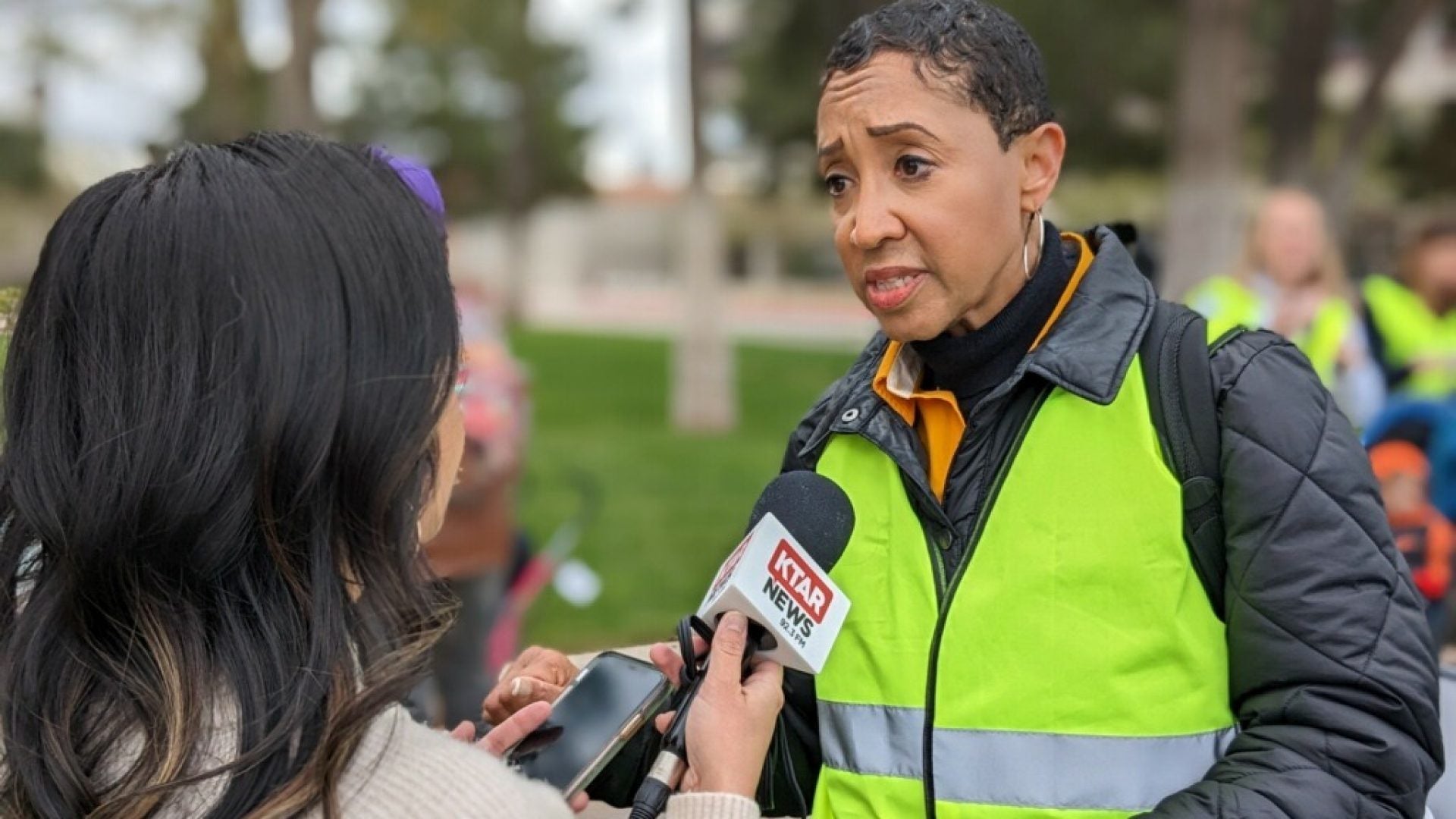
Seven years ago, Janelle Wood was no longer content to sit on the sidelines concerned about the welfare of Black children and education.
As Wood told ESSENCE, in the wake of “as a mother of a Black son watching other Black mothers in anguish over the tragic loss of their sons and daughters at the hands of the police caused me great agony.”
“I was moved to call Black mothers together to address how to keep our Black sons and daughters safe from police brutality. This passion evolved into a mission to dismantle the school-to-prison pipeline through the creation of the Black Mothers Forum,” the Arizona mom continued.
Wood’s fears are warranted and backed by the data. “In combination, policies associated with school funding, resource allocations, and tracking leave minority students with fewer and lower-quality books, curriculum materials, laboratories, and computers; significantly larger class sizes; less qualified and experienced teachers; and less access to high-quality curriculum,” writes Linda Darling-Hammond, a leader in the field of educational equity.
There is also a disparity when it comes to discipline in schools. The Education Lab found that “Black students were disciplined at disproportionately higher rates across the board.”
As the founder and CEO of Black Mothers Forum (BMF), Wood wanted to cultivate “an organization that would transcend the immediate pain and address the systemic issues contributing to the cycle of injustice.”
“In a world where the safety of Black children is often compromised, there is an urgent need to elevate and amplify the voices of Black mothers,” says Wood. “The unique perspective and experiences we bring to the conversation is invaluable in addressing the advocacy needs required to ensure the safety of Black children both in school and within their communities.”
BMF is pioneering change by opening microschools, which “are non-traditional, small learning environments that focus on personalized and community-based education. We have eight ‘microschools’ which are specialized educational settings created by and for Black mothers who are concerned about the education and well-being of their children, particularly Black boys,” Wood explained. “These microschools are often designed to address specific challenges faced by Black students, such as disproportionate disciplinary measures, systemic racism, the achievement gap, and more.”
“By providing a platform for their voices to be heard, we can collectively address the root causes of injustice and work towards building a more equitable society,” Wood noted.
“Black mothers are powerful advocates and catalysts for change. Our narratives provide a vital perspective that, when integrated into policymaking and community initiatives, can lead to more effective and empathetic solutions,” added Wood. “It is crucial to recognize that empowering Black mothers is not only about supporting individual families but also about fostering a society that values and protects every child, regardless of their racial background.”
Ultimately, Wood believes that “what’s unfolding with BMF is more than a local endeavor; it’s a visionary initiative poised to evolve into a national trend. The ripple effect of this collaborative effort promises to resonate far beyond Arizona symbolizing a collective stride towards positive change and empowerment on a broader scale.”